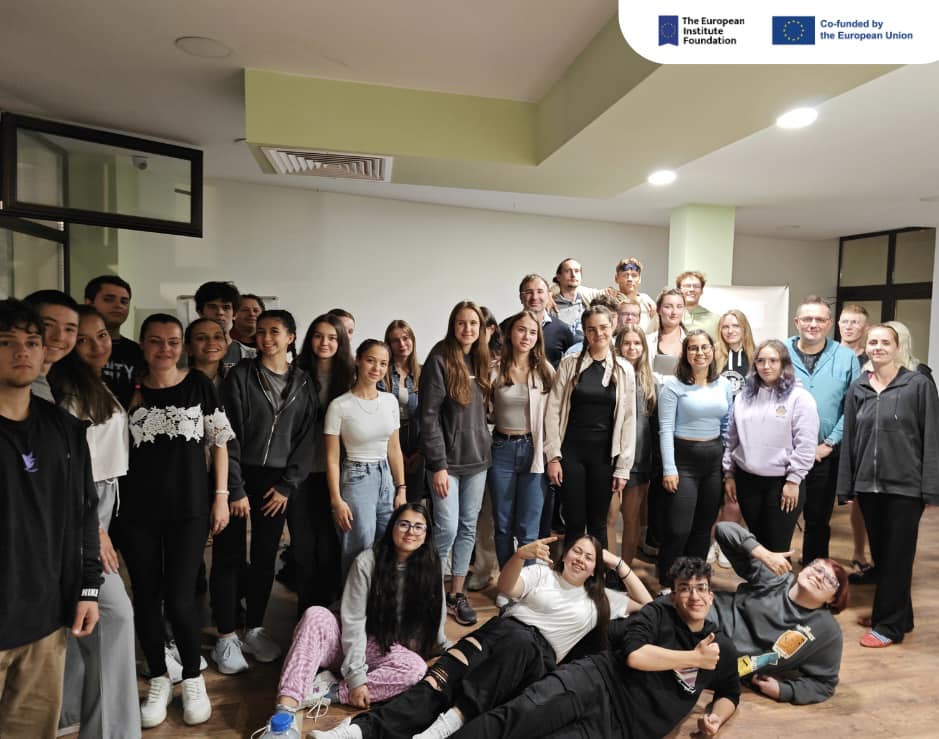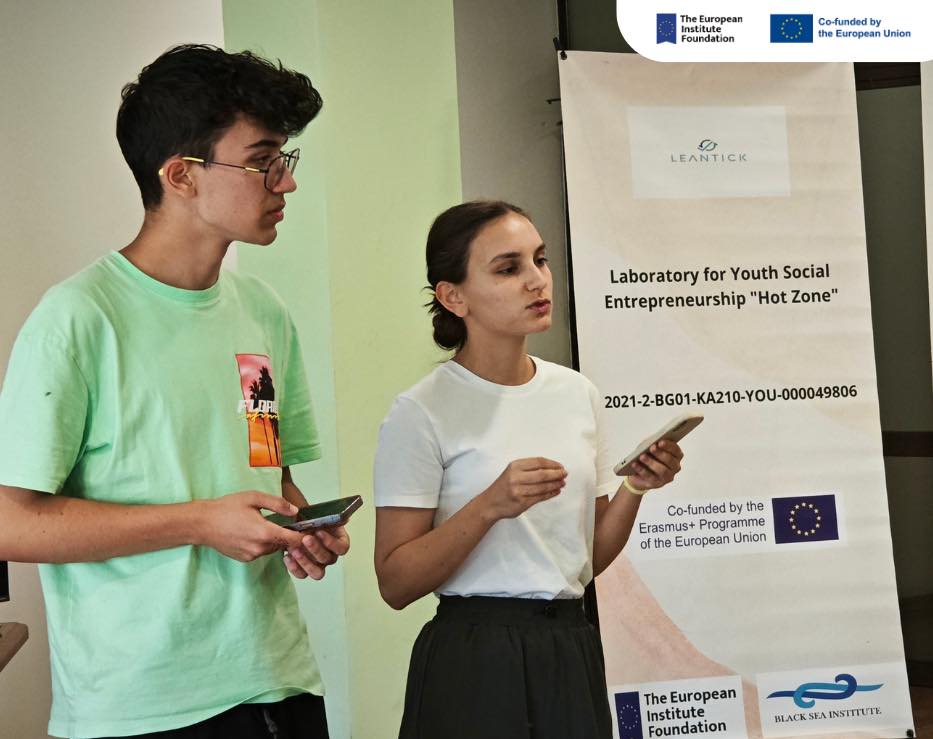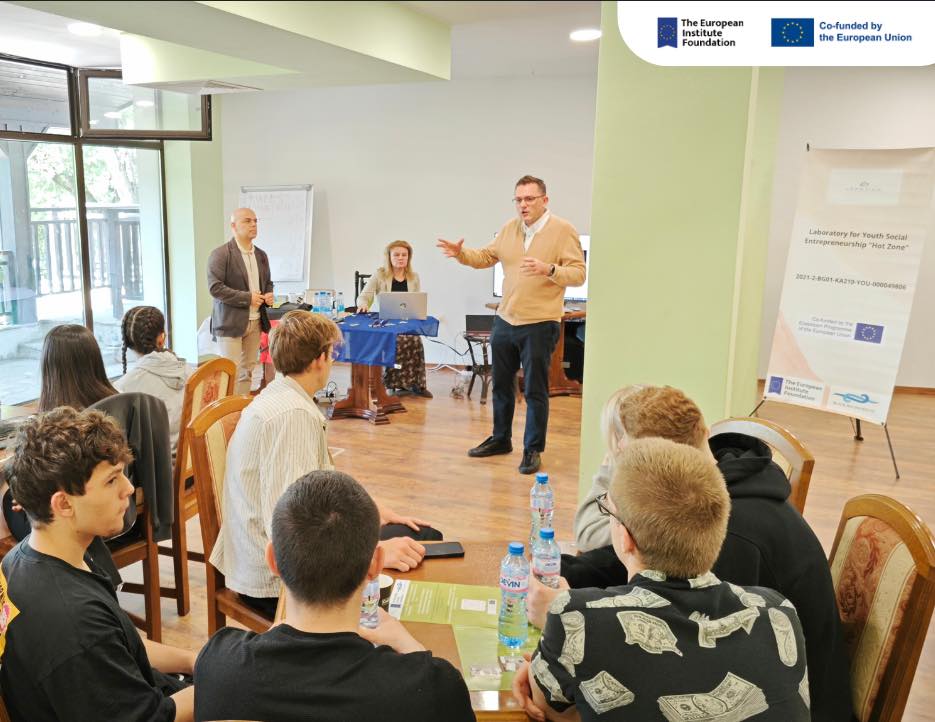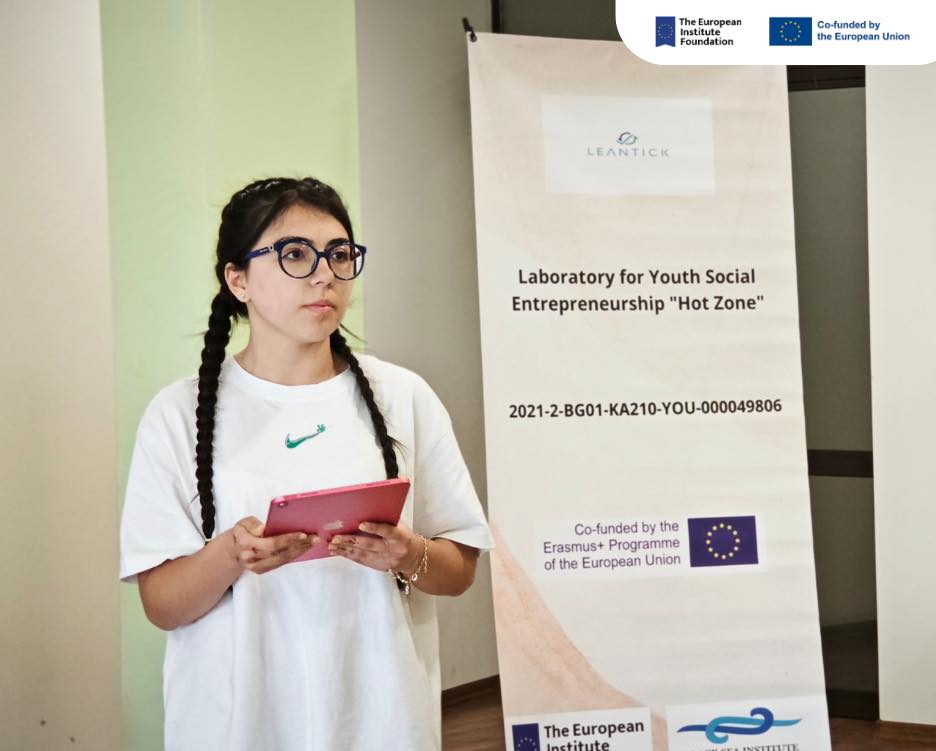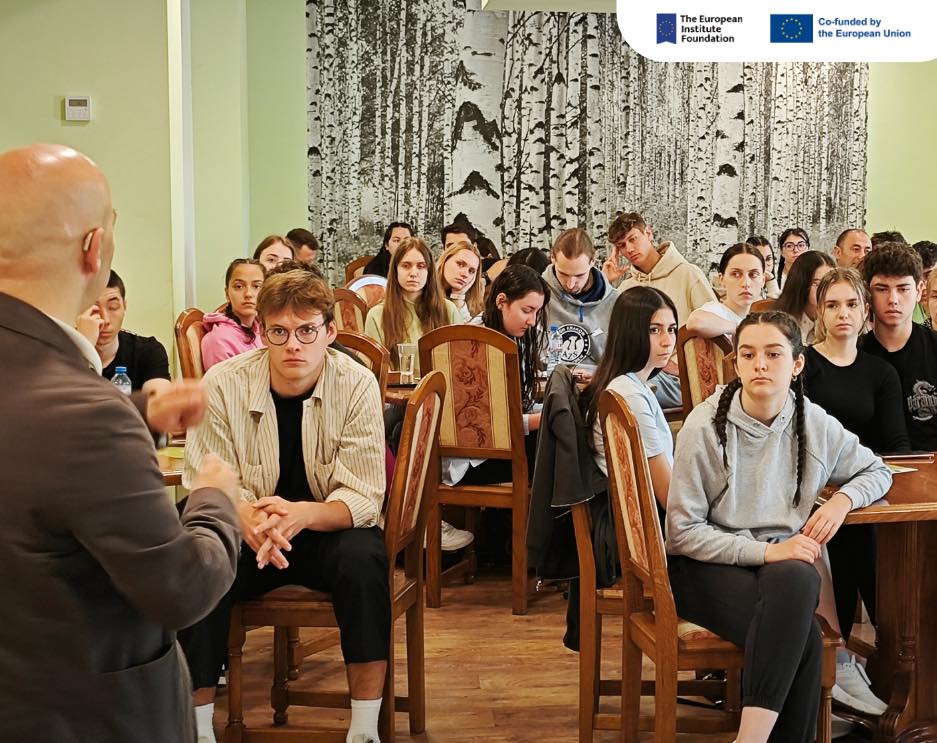About the Project
Project Objectives:
- Promote social entrepreneurship as a viable career path for young people, particularly those from minority and vulnerable social groups.
- Offer both theoretical and practical training on social entrepreneurship, covering legal frameworks, best practices, and challenges faced in Poland and Bulgaria.
- Develop educational resources such as a handbook for young social entrepreneurs, training tools, and a virtual laboratory to support ongoing learning and collaboration in the field.
Addressing the Challenge of Social Entrepreneurship:
Entrepreneurship, and especially social entrepreneurship, remains a challenge for society, businesses, and individuals. While traditional entrepreneurship is often associated with generating profit, social entrepreneurship takes a different approach, focusing on addressing the needs of specific social groups, enhancing social inclusion, and tackling societal issues such as labor market exclusion. It aims to increase employment, productivity, and social cohesion while encouraging businesses to take responsibility for supporting marginalized groups.
The project's analysis revealed that social entrepreneurship has not yet fully integrated into the business environment and is often misunderstood. There is a clear lack of sufficient knowledge and skills in implementing social entrepreneurship effectively. To address these gaps, the project provides a structured methodology, consultative seminars, training sessions, and a manual aimed at reshaping the perception of entrepreneurship. It presents entrepreneurship not merely as a path to profit but as a key driver of sustainable and inclusive development.
How Will the Project Achieve Its Goals?
Analytical Work: The project started by analyzing the current state of social entrepreneurship in the partner countries (Poland and Bulgaria). This research identified gaps, needs, and key areas for promoting and implementing social entrepreneurship, providing practical guidance on how to make it more accessible and understood in the business world.
Educational Framework: A structured educational program was established to equip participants with the necessary knowledge and skills for social entrepreneurship. The program consists of successive steps aimed at creating a solid methodology for teaching and applying entrepreneurial skills.
Youth Social Entrepreneurship Laboratory – Hot Zone: A significant component of the project is the creation of a laboratory for social entrepreneurship, which addresses the needs of various social groups, including unemployed youth, individuals without formal qualifications, those excluded from the business world, and young professionals seeking to establish their careers. The "Hot Zone" laboratory provides ongoing support through training programs, consultations, and individual and group work models.
Capacity Building for Partner Organizations: The project also seeks to increase the capacity of participating organizations by enhancing their ability to address social and economic challenges. This includes developing models for participation, fostering team collaboration, and encouraging volunteerism as a means of supporting social development.
Key Activities:
Participants studied the principles of social entrepreneurship, its historical background, and the legislative frameworks in the partner countries. Experts from the European Institute Foundation in Poland, Leantick in Sofia, and the Black Sea Institute in Burgas shared their insights on how the sector has evolved and its best practices in both countries.
Participants worked on creating their own social entrepreneurship projects, focusing on defining their mission, goals, business models, and development plans. They presented these projects to a jury of experts in economics and social entrepreneurship, who evaluated them based on sustainability, innovation, and social impact.
Main Results:
Impact
The project provided an opportunity for young people aged 16-24, including those from minority and vulnerable communities, to actively participate in cultural exchanges and collaborative efforts while learning about social entrepreneurship. By combining theoretical learning with practical project development, participants were empowered to become future leaders in social change and entrepreneurship in their respective countries.
By changing the narrative around entrepreneurship, the project demonstrated that social entrepreneurship can be a powerful tool for advancing sustainable and inclusive development in both Poland and Bulgaria.
This project was funded by the European Union under the Erasmus+ Program. The content reflects the views of the authors and does not necessarily represent the official position of the European Union or the European Education and Culture Executive Agency (EACEA).
